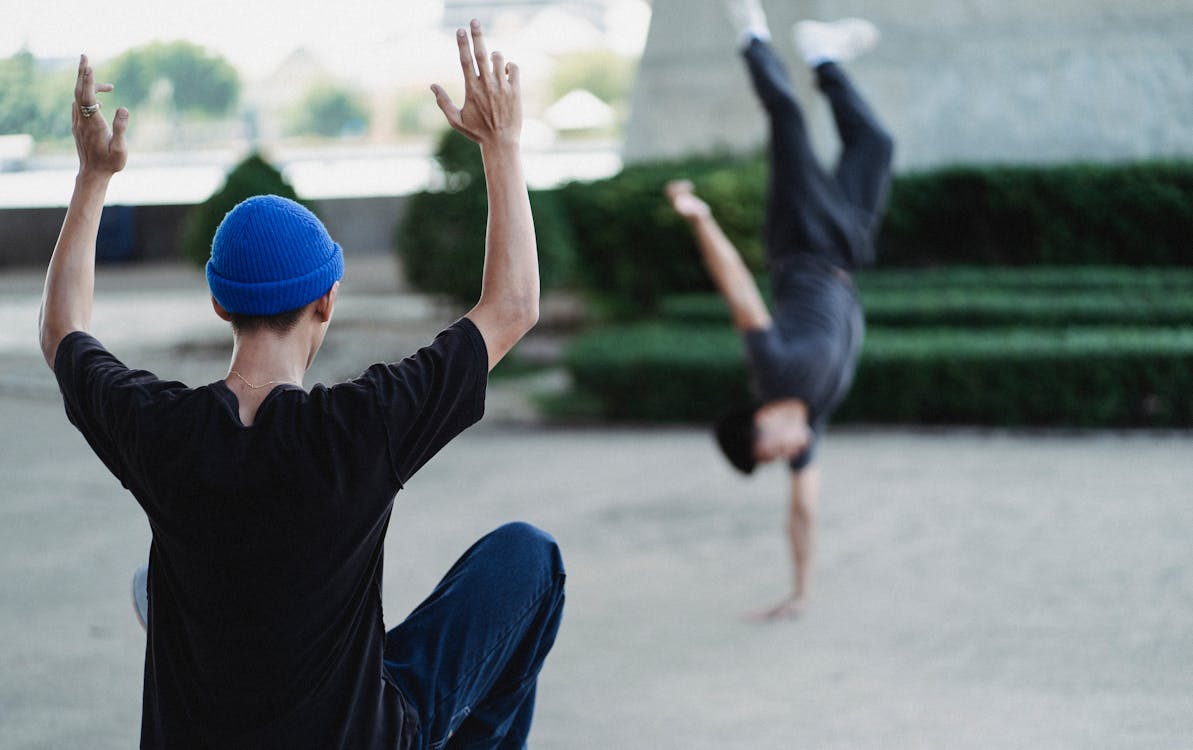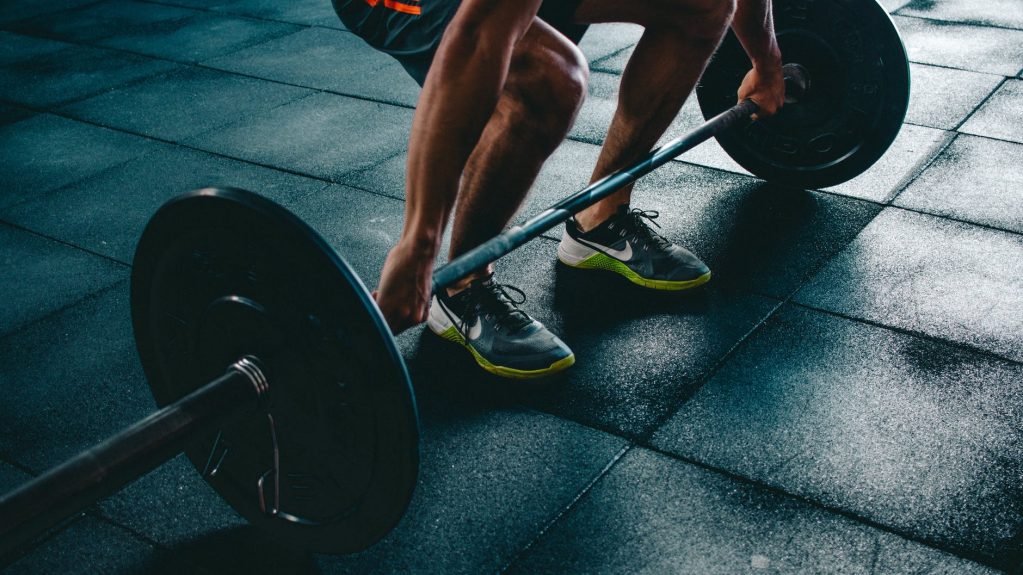What Is A Protracted Illness?
A high-intensity workout involves repeated bouts of activity that gradually elevate body temperature. In extreme cases, body temperature rapidly increases protracted illness, which is medically termed exertional heat illness (EHI). This condition generally takes place in a hot environment with low humidity.
Fever After Workout
Exertional Heat Illness Conditions (EHI)
Exertional heat illness conditions (EHI) are heat-related conditions that intensive physical activities can stimulate.
Also check: Physical Fitness and Holiday Fitness Quotes: The Way to Succeed

Body electrolyte balance, body temperature, and hydration status regulate the severity of a patient’s condition. As per the National Athletic Trainers Association, there are three types of EHI conditions causing protracted illness such as:
- Exercise linked muscle cramp (ELMC)
- Exertional heat exhaustion (EHE)
- Exertional heat stroke (EHS)
EHE is linked with a temperature degree of less than 104F, whereas (EHS) is related to a temperature of 104 F or more.
(EHI) Exertional Heat Illness Symptoms
A muscle cramp is one of the common symptoms of overheating your body after an extensive workout. Then you should take a break and rest. Otherwise, it may cause heat exhaustion.
Symptoms of heat exhaustion include fever, nausea, diarrhoea, headache, and excessive sweating. You must understand that exertional heat stroke may threaten your existence by protracted illness.
There are some common symptoms of exertional heatstroke:
- You may develop seizures
- Diarrhoea and vomiting
- High blood pressure
- Muscle cramp
- Exhaustion
- Skin irritability
- Exhaustion
If you notice fever after your workout, take medications and seek medical help.

Eight Causes Of Protracted Illness After An Intense Workout
1. Dehydration
When you do intense exercise, you start losing water from your body through excessive sweating, which initiates dehydration. Some common symptoms of dehydration are nausea, headache, and muscle weakness. Thus, the American Heart Association advises intaking enough water before and after your fitness training.
Visit also: Protect Yourself against the Flu; Take High Dose Flu Vaccine at the Right Time
2. Improper Posture
Improper posture during your core strengthening or muscle building exercise generates immense pain, which may increase your body temperature. If you do not know the proper form of exercise, you may end your fitness program with intense protracted battle. Finally, you will be demotivated to do it again. Thus, we would suggest you start your fitness program under the supervision of an experienced coach. Otherwise, some mistakes may lead to more significant muscle injury, which can initiate fever after a workout.

3. Overhydration
Just like dehydration, overhydration is not suitable for your body. It is not right to take more than you require. The American Council of Exercise advises that a man should consume around 125 ounces of water per day, and a woman should take 91 ounces of water per day. Excess moisture in your body causes hyponatremia due to a reduced-sodium level in the blood.
In this situation, you may feel sick and have a fever after a workout;
4. Excess Training
If you suddenly increase your workout intensity, you may feel sick and develop a fever. Thus, experts suggest increasing your workout intensity gradually. Please remember that excessive exercise can be harmful to your body and mental health. So do it as per your potential. Overdoing movement causes fever and causes a headache, emotional imbalance, nausea, and mental and physical fatigue. It may even cause permanent injuries like back pain. Take care of your body by giving enough rest after exercise.
5. Blood Sugar
Increased blood sugar indicates that you follow the wrong kind of diet, which does not encourage your fitness activity. When the sugar level in the blood is high, you need to do lighter activities to reduce it first, and then you may start high-intensity exercise. Otherwise, your body shows symptoms like fever and nausea.
6. Underlying Medical Conditions & Medicines
Few medical conditions like anaemia and arthritis may prevent you from protracted illness. If you do, you will end up with fatigue, body pain, weakness, and fever.
Some medicines are responsible for muscle weakness. Antibiotics or any other high dose medicines highly impact your body muscle. Thus, before starting your muscle endurance journey, you must check your present medication.
7. Heat Exhaustion
Our body has its way of cooling down when temperature rises, and Excess weight may be lost through sweating. The heart siphons more blood to all the body organs to bring down the internal heat level.
If our body can’t contain its temperature, it might prompt fever and exhaustion. This is described by dizziness and temperature spike after exercises.

8. Diet & Hangover
If you are going under a fitness program, you must have a healthy diet. A healthy diet is the critical factor of your fitness program. Experts say don’t eat like an elephant and train like a rat or eat like a rat and train like an elephant; both are extreme conditions that deteriorate your health.
Don’t consume too much alcohol because it causes an immediate hangover after the workout—hangover characterized by headache, fever, nausea, loss of appetite.
Your coach will give you grip strength equipment to boost your forearm muscle strength.
Feature Image Source: Pexels
